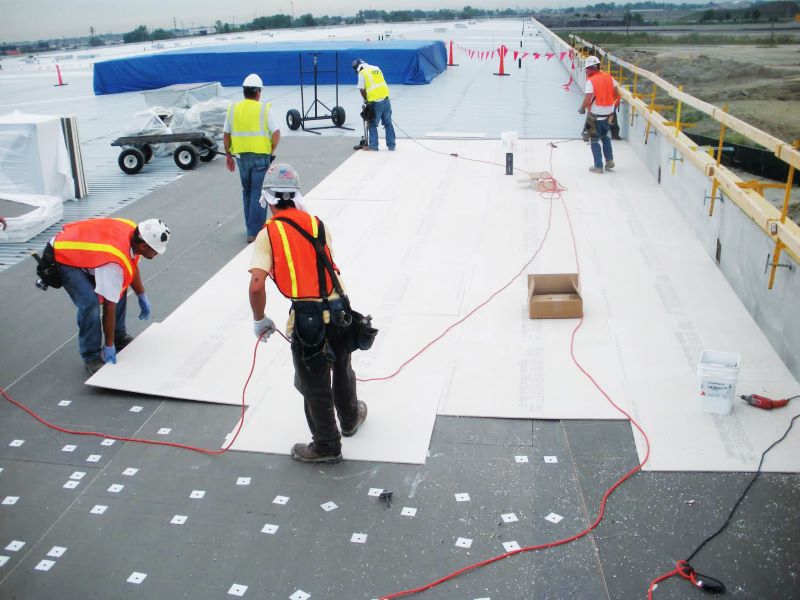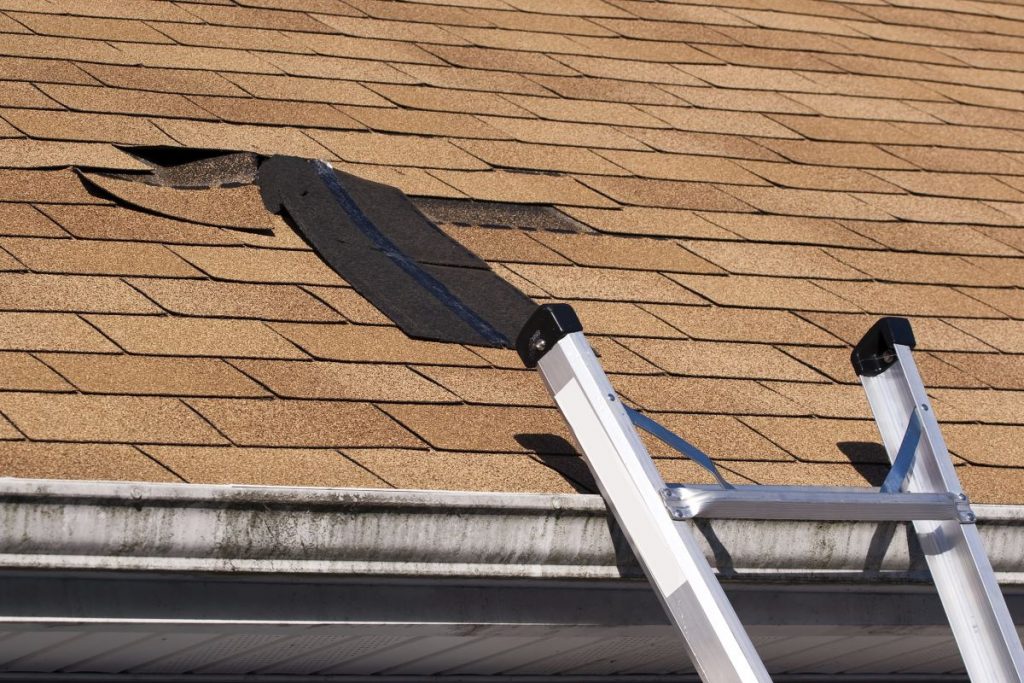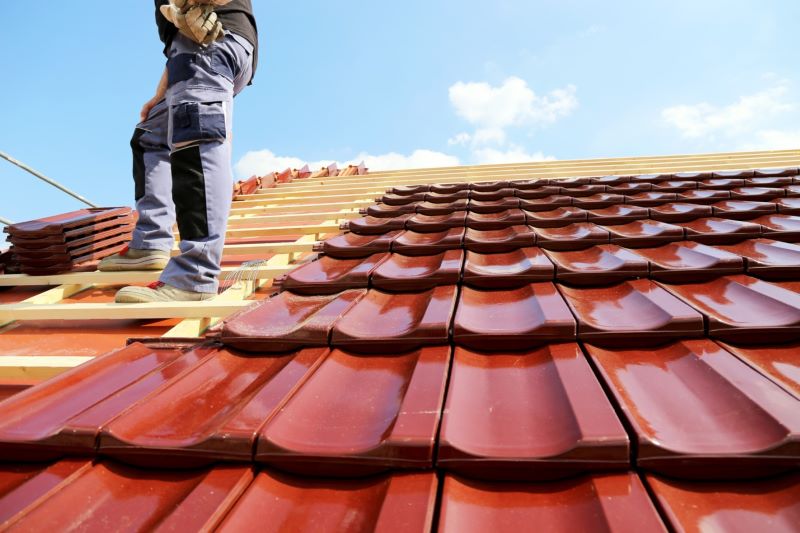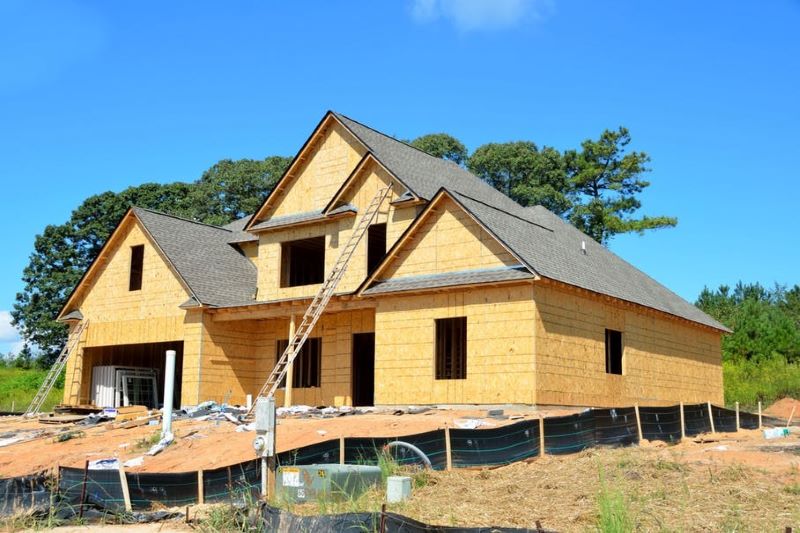Table of Contents
Choosing a roofing contractor for your business can be overwhelming. While qualified commercial roofers will do a professional job, a poor commercial roofing company can cost you.
Whether you need restaurant roofing or a roof for another business, need a professional company that does the job right and doesn’t cost you an arm and a leg.
So how do you know how to select the best roofing contractor for your business? The answer lies in asking the right questions.
In this post, you’ll discover eight essential questions to ask your roofer so you can make an informed decision of who to hire.
The Top 8 Questions for Commercial Roofers
Ask these eight questions before hiring a commercial roofer. You’ll be glad you did.
1. Do you have a roofing contractor license in my state?
No matter where you live or do business, most states require roofing companies to be licensed to perform work.
Codes can be different from state to state. So it’s good to know if the roofer you speak to follows the codes where your business is located.
Also, find out if their license is up-to-date since laws change from year to year. This way you’ll be protected and have legal recourse if they don’t do the job right.
2. Is your roofing company insured with workman’s compensation?
It’s the law for roofer contractors to offer workman’s comp to their staff, but it’s always a good question to ask.
Especially when the roofing company hires out subcontractors. In this case, they won’t be responsible in the case of an accident. If a worker is injured while working on your property, this can be a cause for them to sue you.
You could be held responsible for their medical expenses. So make sure the roofing contractor or subcontracting company provides worker’s comp insurance for their workers.
3. Is your company covered for general liability insurance?
While workman’s comp will cover an employee accident on your property, you still need to be concerned if the company damages your commercial property while at work at the job.
Ask the contractor for a copy of the insurance certificate so you can be sure they’re covered for general liability. This way you won’t be responsible for the contractor’s mistakes.
If they use subcontractors, ensure these workers are also covered for liability by their company.
Ask for a lien waiver in the case the contractor doesn’t pay their contractors for the work they’ve carried out. This way, the subcontractors can’t sue you for non-payment.
4. Are you local?
It’s always better to work with a roofing company that is local for a number of reasons. First, you can ask other business owners who have had roof repair by this company about their work ethic and reputation.
Secondly, you never want to hire someone with a P.O. box on their business card without a physical address. This is a big red flag. Many fly-by-night contractors do jobs and projects and disappear never to be seen again.
They can leave jobs unfinished or do a sloppy job and be M.I.A. or just traveled there to repair your roof after a natural disaster. But if there’s a problem, they won’t be around to do the job.
Always ask the contractor for a business card and make sure they have a physical address with a phone number and the company name.
You can verify the location by Google Earth or by inputting the address into other search engines.
Another reason why it’s better to work with a local company is when there is an emergency they won’t have to drive that far to your location.
Also, if you have inclement weather for part of the day, they’ll be able to return get work done when it stops raining or snowing.
5. Do you provide a detailed estimate in writing?
Make sure the commercial roofing company provides an itemized estimate. This way you’ll know the cost for each task that needs to be performed. This will be handy when you compare estimates to the most competitive price.
Here are some of the items that should be on the list:
- Roof removal
- Materials
- Refuse Removal
This way, you’ll both be on the same page and there will be no surprises from a lack of communication or assumptions from either party.
6. Will you remove my old roof?
This question might surprise you, but some roofing companies will put shingles over the existing damaged roof. They might gloss over rotten and soft areas which can cause problems in the future.
Make it clear that you wish to have the old roof removed before they put down new materials.
7. How will you protect gutters during the roof’s installation?
It’s key that the roofers working on your commercial property protect your gutters during installation. The way they achieve this is by using ladder standoffs and stabilizers.
These two items keep the weight off your gutters while they replace the roof. If they don’t use stabilizers or standoffs, ask them how they’ll protect your gutters.
If they dodge the question, there are other commercial roofers who can do the job better. They are not the right roofer for your property.
8. How will you shield my property from damage?
Commercial roofers, as well as residential roofing companies, use heavy equipment and materials while they work. These include trucks, dumpsters for refuse, ladders, tools, and benches.
This equipment has the potential to damage your property–from a scratch to a catastrophe. So an important question to ask is how they will assure their equipment won’t hit or bang into your building, driveway, lawn, landscaping, and other property elements.
Find out where these items will be placed. And if something gets damaged, ask how will intend to repair the damage. It’s always good to know the answers to these questions in advance.
Again, if they promise you that everything will be okay, but don’t offer a way they’ll resolve the situation in case of an accident, look elsewhere.
Final Words on Hiring Commercial Roofers
Now you know the top eight questions to ask commercial roofers before you hire them. The answers will help you make the best choice and protect you from hiring the wrong roofing contracting company.
Our company provides expert content and resources for commercial business and consumers. Explore our website today to get informed.








